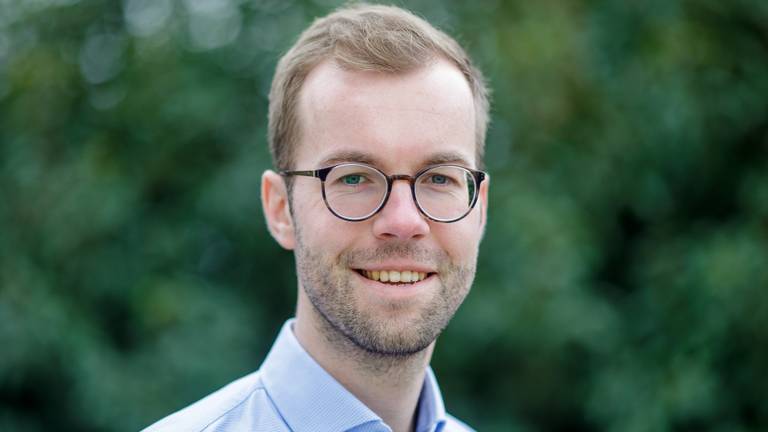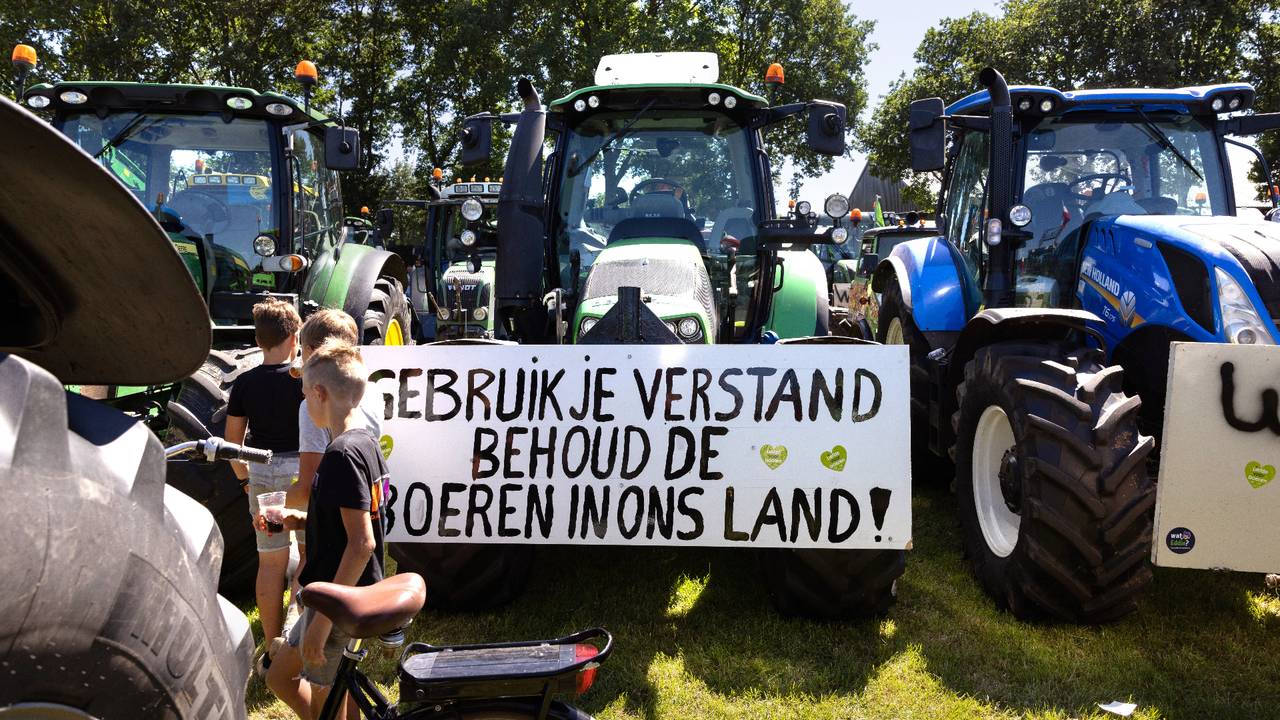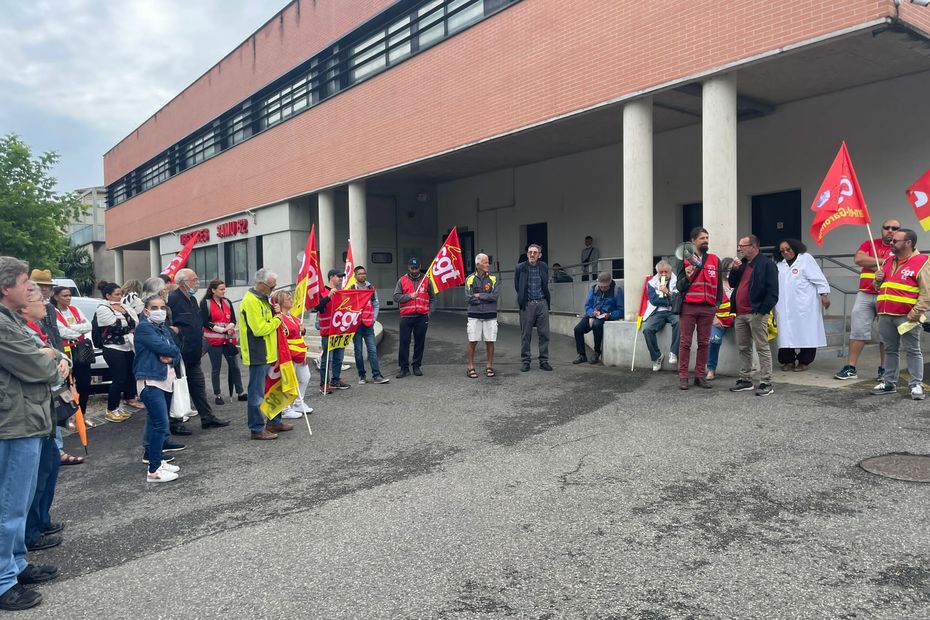It is a slogan that we have seen many times in recent days: ‘No farmers, no food’. For farmers, it is the main argument against the government’s announced nitrogen policy. Because, they say, if we have to stop, the Netherlands will no longer have food. But to what extent is that theory correct?
Sven de Laet
—
“At least I can take away the primary concern,” says Jeroen Candel from Dongen. He works as senior lecturer in Food and Agricultural Policy at Wageningen University. “We don’t have to worry that we will run out of food in the short term. We only have a problem if all farmers stop suddenly. But that is not the case.”
–
“About 70 percent of what we grow in the Netherlands goes abroad.”
This has everything to do with the international interconnectedness of our food supply. For example, a large part of what we grow in the Netherlands is not intended for here at all. The Netherlands is a major player within the EU, particularly in the field of meat, floriculture and certain vegetables. “About 70 percent of what we grow in the Netherlands eventually goes abroad.”
–
 –
––
The same goes for the opposite way. “We already have to import a lot of products that we consume every day. Think of tropical fruits, such as bananas. But also coffee, chocolate and luxury products such as wine and Spanish ham. We simply have to rely on foreign countries for that.”
The farmers themselves are also highly dependent on that import, says Candel. “Products such as animal feed and fertilizer come largely from abroad. Although that is not food, it is necessary for current food production.”
–
“It is better to grow crops that we can eat directly ourselves.”
That is perhaps the biggest pain point, according to Candel. “We are extremely lavish with our crops. Seventy percent of our agricultural land is currently used for keeping animals, growing their feed and growing biofuels. In addition, an enormous amount of food is wasted.”
And so something has to change quickly, the researcher believes. “If we want to do something about the climate problem and the loss of biodiversity, we will have to quickly switch to more vegetable production. It is better to grow crops that we can eat directly ourselves, rather than having to go through an animal first.”
However, that responsibility does not lie entirely with the farmers, Candel emphasizes. “As a society, we will have to realize that our current food system no longer works and choose the organic alternative in the supermarket more often.”
–
“That piece of meat will probably get more expensive.”
According to Candel, this is an important role for the government. “Governments will have to change the price incentives in the market to ensure that the more sustainable and healthier choice is the cheaper one. At the moment it is often the other way around. In the long run, that piece of meat will probably become more expensive.” But empty shelves? “That won’t happen anytime soon.”
—


